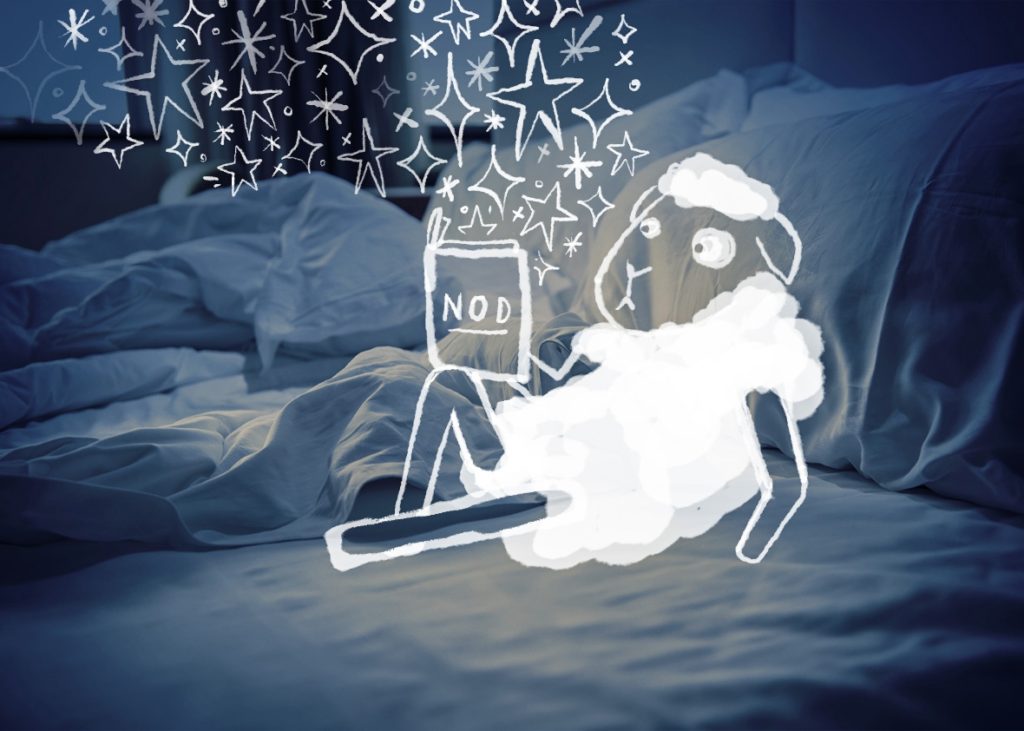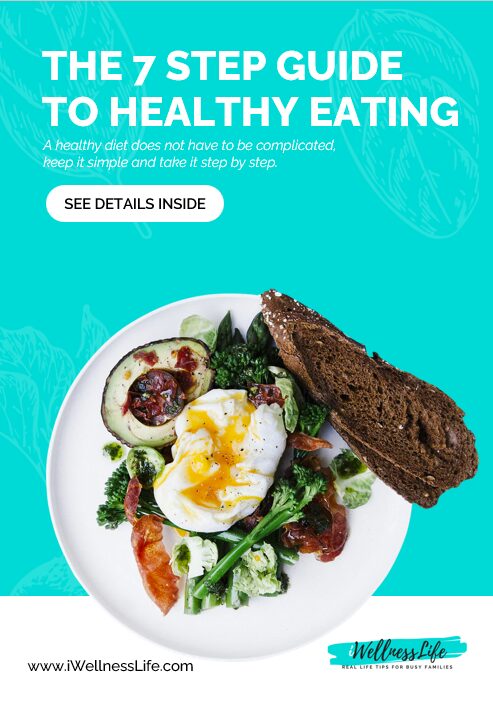The night shift is a part of industry and modern life. For those people who work the late nights it is important to know that it doesn’t matter your personality, intelligence, education, training, skill, motivation, size, strength or professionalism; fatigue from working nights can affect you.
Issues with night shifts are difficult to combat. If an individual is on a night shift it will take several days or even longer to acclimatize to the new schedule. Fortunately, there are things that workers can do to combat circadian rhythms and resulting fatigue, and they including sleeping better, eating well and exercising.
Sleep and Safety
Circadian rhythms are our bodies natural clocks and for thousands of years we have gone to bed when the sun goes down and get us when it rises. Night shift however doesn’t play by those rules and it can affect our circadian rhythms and in turn our bodily function/health.
From a safety perspective accidents coincide nearly perfectly with circadian rhythms. For example, an analysis of vehicle crashes revealed that most accidents occurred in the early morning (midnight-6am) and early afternoon (2pm-4pm). Ironically, when the fewest people are on shift and the least amount of work is being done, the most incidents typically occur.
IDEAS TO FALL ASLEEP QUICKLY

Turn off the TV
- Tv is designed by experts to keep you engaged and watching shows you don’t really want to watch. Our advice turn off the tube because dreams are more vivid than HD.
Black out the room
- The smallest amount of light can activate the brain to think that it is day time and we are supposed to be awake. Blackout the windows with a blind so you can rest your mind.
Keep the noise down
- Ambient noises can keep your brain alert and unable to reach deep sleep. Do your best to keep excess noise to a minimum.
Deep breathe
- Deep breathing has been shown to be one of the most relaxing activities you can do. Taking deep breaths with a 10 second inhale and a 5 second exhale will help calm the body before a night of rest.
Read before bed
- Reading can cause increased sleepiness by diverting the mind from a stressful day and can be a great technique to bridging the gap between the day and bed.
Stay away from coffee
- Caffeine is a stimulant and a marked chemical effect which your body can’t ignore. Our advice is to avoid caffeinated beverages starting mid afternoon in order to get a restful sleep
EATING RIGHT

Eating right can be challenging however by following these simple steps you will be well on your way
Pack a lunch:
- Packing healthy meals and snacks at home will make it easier to eat well on your shift
- Include a variety of nutritious foods from different macronutrient groups
Go for balance:
- Enjoy plenty of vegetables and fruit and whole grain products
- Choose lower fat milk products like skim, 1% or 2% milk and yogurt and lean meats and alternatives like boiled eggs or peanut butter
Avoid high-fat, fried or sugary foods:
- To prevent indigestion or ‘heartburn’ consume lower fat foods that are not fried or too spicy
- Foods high in sugar may give you a short burst of energy, but can ultimately leave you feeling sluggish
Watch your portions:
- If you work shifts you may find yourself eating a large meal twice, first at work and then again at home which leads to too many calories therefore, weight gain
- If you’re planning to enjoy a large meal after work, try having lighter meal or snacks at work to tie you over
Stay hydrated:
- Drink plenty of water and other fluids to prevent dehydration, which can leave you feeling tired
Eat meals according to time of day, not your shift:
- If you start work in the afternoon, have your main meal in the middle of the day, rather than in the middle of your shift
- If you’re working nights, eat your main meal before your shift starts, preferably between 5 and 7 p.m.
Have a late night pick-up:
- A snack with a little protein will provide sustained energy late at night when you start to feel tired
- Try fruit with a small piece of lower fat cheese or half a small whole grain bagel with peanut butter
- A late night pick-up will help keep you alert when your body is programmed for sleep
Cut down on caffeine:
- Caffeine stays in your system for up to eight hours, which can make it difficult to fall asleep later
- It’s best to have caffeinated drinks before or early in your shift
- Switch to decaffeinated tea or coffee and enjoy lower fat milk or water
Have a light snack before bed:
- You can improve the quality of your sleep by not going to bed too full or too hungry
- A light carbohydrate rich snack such as whole grain cereal with fruit or whole grain toast and jam are a good choice
EXERCISE
Regular exercise has also been shown to improve sleep quality, improving recuperation from a long night shift. Although a reasonable level of physical activity is often achieved while working in physical jobs, it is important that regular exercise is done during time off work so that a routine of restful sleep is developed. Talking with an iWellness coach will help you determine what specifically you could be doing in terms of exercise both at work and at home.

Subscribe To Our VIP Newsletter
Join our VIP mailing list to receive additional content that goes even deeper into the latest tips to ensure you and your families health, fitness and wellness.






















